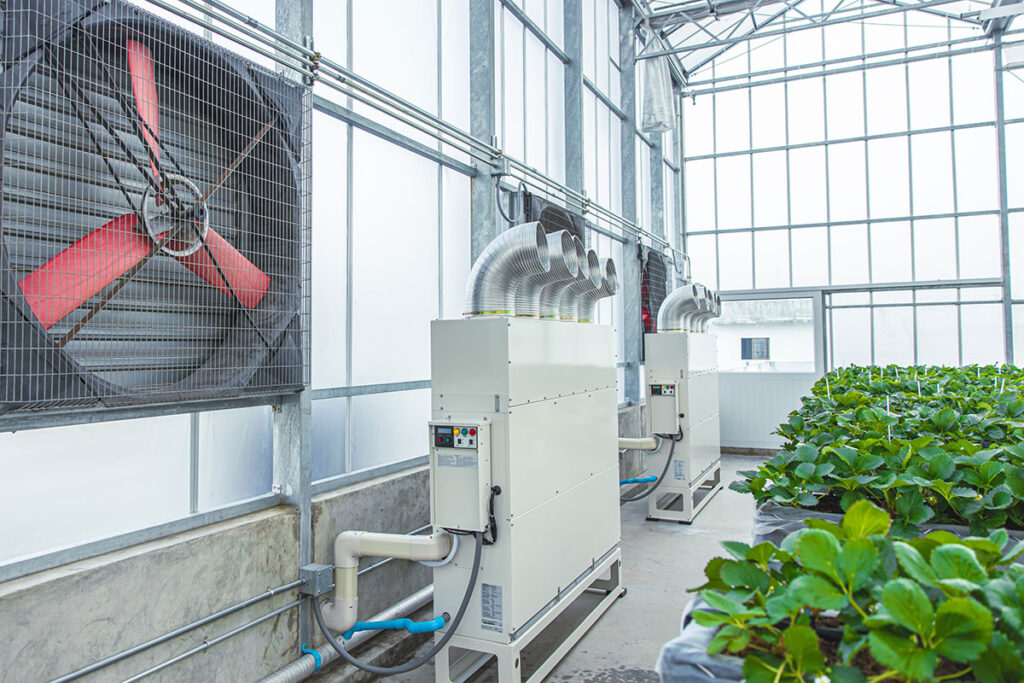GMP Compliance for Indoor Cannabis Cultivation: What You Need to Know

Good Manufacturing Practices (GMP) is a manufacturing system that ensures the reproducibility of product quality to specific standards. GMPs are required for dietary, food, and pharmaceutical industries and are established globally by the World Health Organization (WHO). In indoor cannabis cultivation, GMPs relate to both cleanliness standards and processes undertaken to ensure repeatable manufacturing processes.
Before beginning an indoor cannabis cultivation, it is important to understand the User Requirement Specifications (URS) or the Key Performance Indicators (KPIs) which are the goals of the operation. This includes identifying the product line, major processing steps, raw materials, ingredients, personnel, and systems needed to carry out the activities, checks needed to verify the desired end product, capacity, and material flow through the facility.
GMPs ensure that the end goal of producing safe, high-quality products at a profit is met. To do this, the risks inherent in the process need to be identified, and control measures applied to prevent product failures and recalls. In indoor cannabis cultivation, the risks are biological (pathogens), chemical (pesticides, heavy metals, and impurities), and physical (dirt, dust, metal fragments, and glass) and these risks inform the design of the heating, ventilation, and air conditioning (HVAC) system.
The HVAC system should have proper, consistent, and tightly controlled parameters, effective filtration, consistent maintenance procedures, and airflow patterns designed to avoid cross-contamination. The design of the facility should also consider the cleaning and sanitation procedures to be implemented, the need for pass-thrus and interlocks, and the establishment of different work zones.
It is important to work with a team of experienced engineers, architects, and cannabis and GMP experts to design an efficient and smart system. A poorly designed HVAC system and grow facility layout that does not have GMP principles built-in can lead to systemic pathogen outbreaks and seasonal challenges that will plague the operation.
GMP compliance builds off a smart design and enables the operation to produce high-quality and safe products long after the commissioning agents have left. Future-proofing the business means meeting regulatory requirements and ensuring that the facility is clean and efficient.
In summary, understanding and implementing GMP compliance is crucial in indoor cannabis cultivation to ensure the safety and quality of the products produced. It involves identifying the goals of the operation, designing an efficient HVAC system, and working with experienced professionals to future-proof the business.